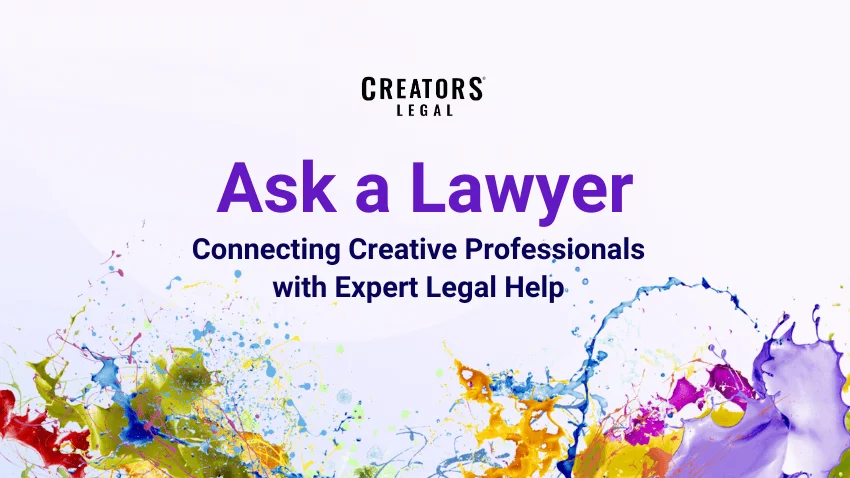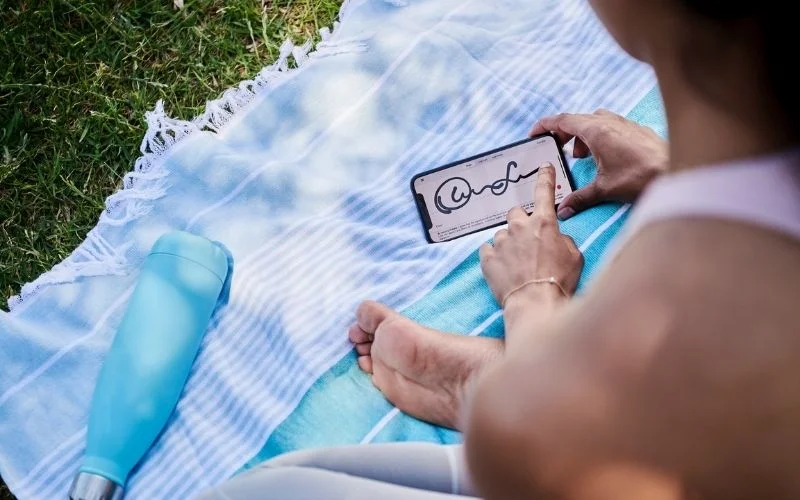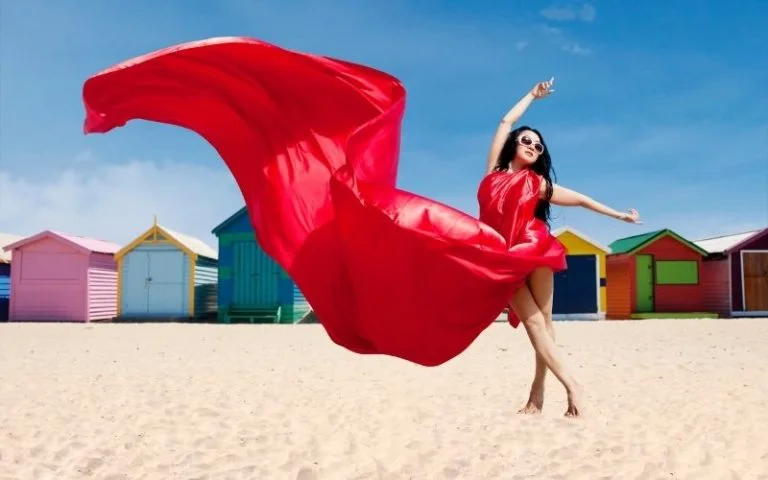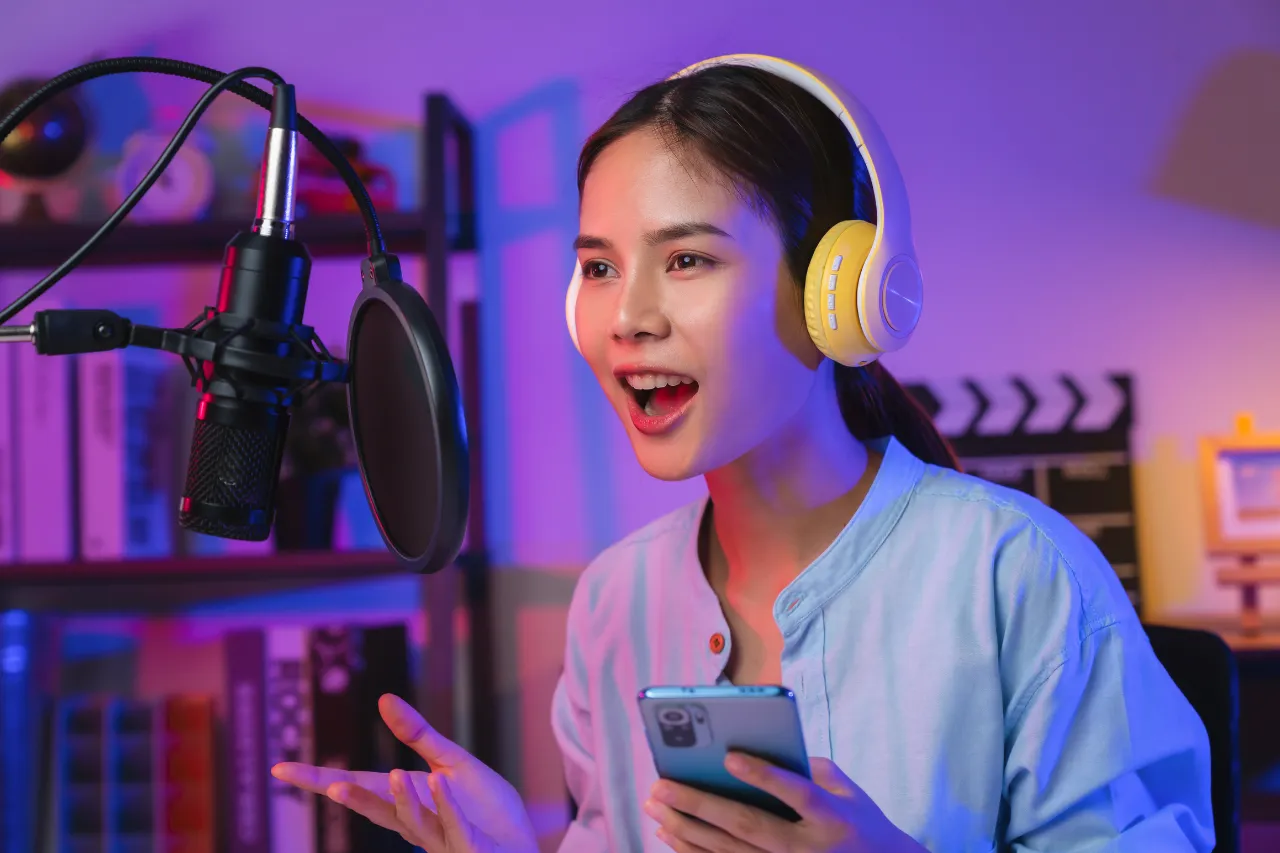Finding material for your videos and social media is daunting for content creators. To shoot your content, you must consider many factors, such as script, camera work, lighting, and more. In addition to that, it adds a lot more workload.
But what else can you do? You can use videos and photos from the internet! Still, there is always the question many creators make themselves: Can I use this video or photo I found online?
By and large, the answer is yes. However, there are a few things you need to learn before using these assets. Find below some guidelines to do it like a pro!”
1. Borrowing Content Online
To succeed in the virtual world, you have to bank on visuals! Of course, copywriting is still essential in increasing web traffic, but no tool can drive results much faster and more effectively than video. By riding on the bandwagon and banking on videos, you’re sure to see an improvement in your online visibility.
Unfortunately, including online photos and videos on your website or social media pages is easier said than done. Producing videos and taking photos takes effort, time, and money. Wouldn’t it be easier to use a readily-made video or professional photo and upload it to your social media instead?
It is possible. You can download any video or image online and put it on your social media in just a few clicks. However, downloading and uploading content isn’t the problem; the main concern is if these actions can result in legal consequences.
Here are the things you should take into account when using others creators’ work.
2. Is It Legal?
Just because most of what you need is online and readily available doesn’t mean you’re free to “take” or “borrow” it. The internet is free to use, but content creators own most videos and images you find on the web. If you don’t want to be involved in a legal dispute, you should first learn about copyright.
Copyright refers to the right to copy. Depending on the product’s original creator, they can either give or withhold authorization to reproduce or reuse the work. If you want to use a video or photo owned by someone else, you will most likely need to create a contract for content creators to ask them for formal permission.
3. What material are you going to use?
You can use almost any copyrighted work if you are “quoting” it. You can use a small portion of the original work to make a point. Quotes are the essence of fair use. To qualify as a quote, the usage must be brief and represent a faithful and limited summary of the original work.
How you plan to use the copyrighted work is also important. For example, you can quote a piece of work in new creations and still be within the fair use boundaries. You can also use part of a work in a transformative way to create something new.
4. Copyright Rules for Different Content Sharing Sites
The person who created the work has a copyright over it. In the United States, a piece of work has to be “fixed in a tangible medium of expression” to be copyrighted. It means you can’t copyright something that’s just an idea in your head.
Copyrightable works include written and spoken words, movies, music, paintings, sculptures, photos, videos, computer codes, and more. The law about who owns the copyright for a given work can get complicated. You will have to look things up for each piece of work you want to use on a case-by-case basis.
Each video and image-sharing service will have different rules and exceptions regarding copyright. It’s essential to learn about these guidelines, so you won’t have to concern yourself with any legal problems in the future. This is how it works for the most popular ones.
YouTube Videos
With around two billion users, you are sure to find various videos for your website or vlog, but you aren’t allowed to use all of them. Since the standard YouTube license is restrictive, you’ll have to get permission from the creator to use their video.
Asking for permission doesn’t have to be challenging! Countless Creative Commons-licensed YouTube videos make it easy for content creators to grant permission to use their work. To find videos licensed by Creative Commons, just use their search tool, then you’ll be good to go.
Vimeo Videos
Vimeo is also one of the most visited video-sharing websites, with over 100 million unique users every month. Among the millions of videos the site has, they also host several Creative Commons-copyrighted videos; Vimeo even has a section for it!
Once you’ve found a video to post, make sure to contact the video maker and provide a link back to the original video.
Instagram Photos and Videos
Instagram is arguably the most popular photo and short video sharing app owned by Meta. Creators own the content they post, but if they’re made public and searchable by other users, then you can use them without permission.
If the videos and photos are public, you can post them on your blog or website, but you have to use Instagram embed codes.
The Wrap
Videos and photos can help you reach your goals for your website, but you should think twice before reporting anything you find online. It’s better to be safe than sorry—we recommend you to be careful when using other people’s work. Make sure to have a contract for content creators ready so that you can ask for permission easily.
Creators Legal is the first and only legal platform for content creators. We designed a platform just for content creators to craft simple, straightforward, and trustworthy contracts in a fast, easy-to-use platform. With a powerful form builder, a secure e-signature system, and your own personalized dashboard to store and organize all your contracts, you can get yourself protected in minutes without the need for expensive entertainment lawyers!






